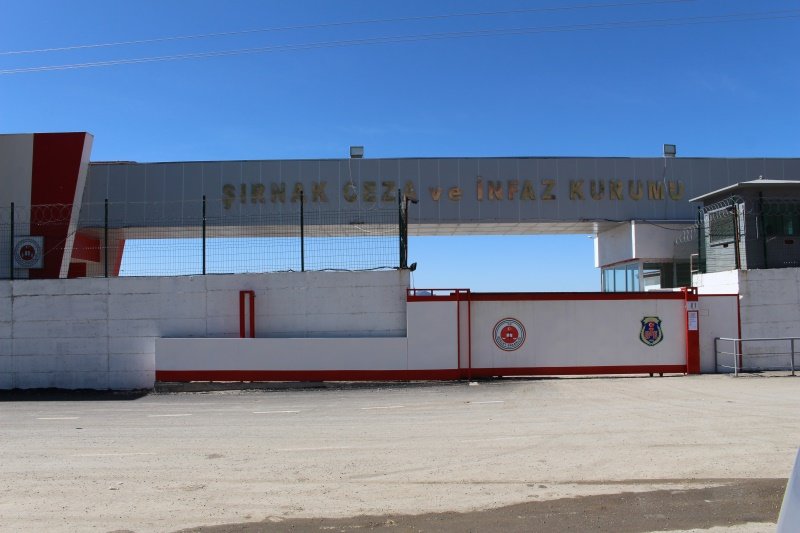A prison in Şırnak province, Turkey, has banned inmates from speaking Kurdish during phone calls with their families. Fadıl Tay, a lawyer from the Şırnak Bar Association’s Human Rights Commission, criticized the ban as a violation of inmates’ rights and an unconstitutional practice.
Tay compared the ban to the oppressive policies of the 1990s, when prisoners were only allowed to speak Turkish. He argued that this new ban is a continuation of those practices.
The Kurdish language ban is part of a broader trend of escalating rights violations at the prison. Inmates are also not allowed to hug their family members during open visits, and legal representatives are barred from bringing pens and documents into the facility.
The Şırnak Bar Association has announced plans to conduct a thorough investigation on August 13 to document these violations and pursue appropriate legal action.
Kurds in Turkey frequently face pressure to avoid speaking their native language. Authorities often accuse Kurdish speakers of supporting the Kurdistan Workers’ Party (PKK), which has been waging an armed insurgency against Turkish security forces since the 1980s. This has resulted in around 40,000 deaths.
Prohibitions against Kurdish language and culture in Turkey have a long history. In 1937, the use of Kurdish language, clothing, folklore, and names was banned. Following a military coup in 1980, speaking Kurdish became officially forbidden, even in private life.
The visibility of Kurdish in media only became possible in the early 2000s due to Turkey’s efforts to join the EU. However, in the past decade, the rise of nationalism and the alliance between the ruling Justice and Development Party (AKP) and the far-right Nationalist Movement Party (MHP) has led to a resurgence of anti-Kurdish sentiment and racist attacks.



